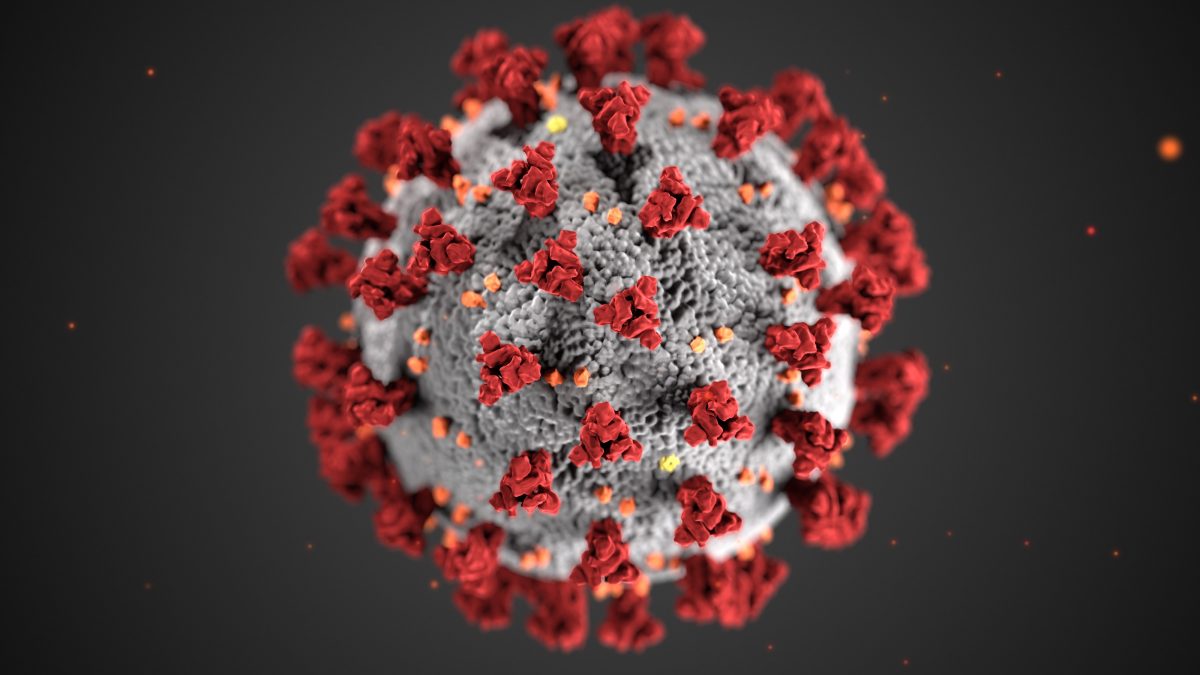Lack of Health Care Access During Pandemic Amplifies Racial Disparities

In recent weeks, media coverage of COVID-19 has expanded from reporting on how the nation is dealing with the virus to how specific communities are being impacted by it. This has been spurred by reports that people of color are being disproportionately impacted by the virus. According to The Guardian, 64% of cases in St. Louis are black American, and National Geographic reports that 81% of fatalities in Washington D.C. In states like Mississippi and Georgia, black Americans represent 64% and 56% of the states’ deaths. Notably, black Americans do not comprise more than 47% of the general population in any of the aforementioned places.
Hispanic Americans have been significantly impacted by the virus as well. In Utah, where Hispanic Americans make up 13% of the population, 33% of COVID-19 cases in the state are Hispanic. Hispanic Americans have also been unevenly impacted in New York City, which emerged as the epicenter of the outbreak, as 34% of deaths in the metropolis are Hispanic Americans. Recently, The Los Angeles Times reported that “Among patients ages 18 to 49, black residents are dying nearly two and a half times as often as their share of the state’s population. By comparison, black people 65 and older are dying twice as often as their share of that age group. Latino death disparities also go down as patients get older.” In Utah, where Hispanic Americans make up 13% of the population, 33% of COVID-19 cases in the state are Hispanic.
Racial gaps in health care coverage may further exacerbate disproportionate impacts of the coronavirus on workers of color. According to PRRI’s 2019 American Values Atlas, nearly nine in ten (87%) white Americans who are employed part time or full time say they have health insurance coverage. Fewer black workers say the same (83%), compared to fewer than two-thirds (64%) of Hispanic American workers.
These differences are even more stark when examining part-time workers, some of whom are currently engaged in strikes due to an alleged lack of health care protections at work. More than eight in ten (82%) white part-time workers, compared to 73% of black part-time workers and just 53% of Hispanic part-time workers, say they have health insurance coverage.
Most full-time workers who have health insurance receive it through their employers, including more than eight in ten white (83%) and black (81%) full-time workers, and seven in ten (74%) Hispanic full-time workers. Many fewer part-time workers receive insurance through their employers, including half (50%) of white part-time workers, and just under four in ten black (39%) or Hispanic (39%) part-time workers.
Medicaid represents one alternative route of health care coverage for workers of color who may not receive employer-provided health care. Around one in five black (20%) or Hispanic (19%), compared to 12% of white part-time workers receive their insurance through Medicaid or a state-specific Medicaid plan.

